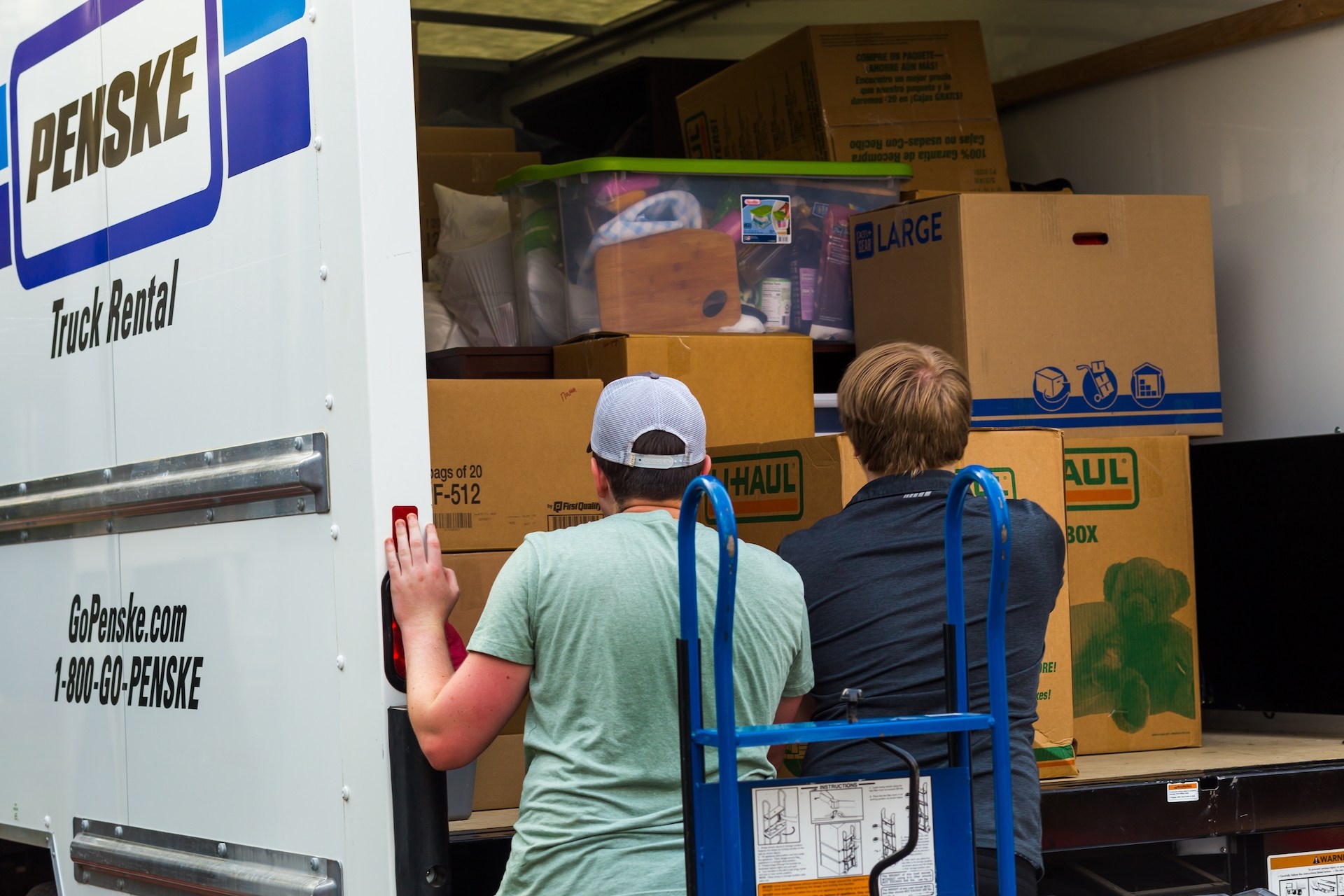Population movement tells us a story

While most of the South experienced large population gains last year, Mississippi continues to be on the wrong side of population changes.
According to new Census data from July 1, 2020 through July 1, 2021, a net of 4,246 Mississippians moved to other states. When we factor in natural causes (births and deaths), that loss increases to almost 7,000.
Only Louisiana experienced a similar fate among Southern states, with 30,000 residents moving elsewhere. Meanwhile, Tennessee added 61,000 residents, Alabama may have lost the national championship but added 22,000 newcomers, and Arkansas saw 16,000 move into the Natural State.
Outside of our immediate neighbors but not far down the road, Florida and Texas were the two big winners, gaining about 400,000 residents between the two states. Smaller states did even better, when looking at overall percentage change. Idaho grew by 3.4 percent, while its neighbors Utah and Montana grew 2 and 1.8 percent, respectively. The two big losers were California and New York. They saw more than 700,000 residents look for homes in other states. This is nothing new.
What can we conclude?
First, people are leaving high-tax, high-cost states for lower-tax, lower-cost alternatives. If we look at the top third of the destinations, the average combined income tax rate in those states is 3.5 percent. In the bottom third of states, it is over 7 percent. Six states among the top third do not charge a tax on income and nine in that group cut taxes in 2021. Meanwhile, four states in the bottom third have top income tax rates above 10 percent and two raised income taxes last year.
In our federalist society, states can make decisions for themselves on important issues ranging from taxes to education to levels of regulation. And people can move from one state to another based on what they prefer. Or more accurately, what gives them a better chance at chasing the American dream.
No doubt, people are moving from high tax states to low and no-tax states. But there’s more than just taxes that go into selecting a state. We see states that were not historically “cool” places to live a couple decades ago that have been transformed by new opportunities and immigration.
So, what can Mississippi do to catch up with our neighbors?
The continued push to repeal the income tax is a major first step. Income tax free states have experienced both population and economic growth that has resulted in dramatic personal and household income increases over the last decade, particularly in comparison to Mississippi. The idea is simple. The more money Mississippi workers can keep in their pockets, the more they can invest in their families, their communities, and their businesses. Increased consumption in the economy drives new jobs and higher wages.
Mississippi is also the most regulated state in the Southeast. There are 9.3 million words worth of regulations in Mississippi created by unelected government officials. They make up nearly 118,000 regulatory requirements. Those might just be words, but economists have estimated that if regulation had been frozen at 1980s levels, the U.S. economy would be over $4 trillion larger than it currently is. That’s over $13,000 for every man, woman, and child in America.
One particularly harmful area of regulation relates to occupational licensing. According to a new report from our organization, Mississippi is the 15th most broadly licensed state in the nation. That means Mississippi licenses more lower-income occupations than the average. Of 102 occupations that require a license, but not a college degree, 66 are licensed. In Mississippi, the average person will pay $330 in fees while losing 160 calendar days before collecting their first paycheck.
And it’s not a matter of life and death. It’s an attempt by industry incumbents, those who work in the profession requiring a license, to limit the number of people who can work in their field. This naturally reduces competition. A report from Institute for Justice found that Mississippi has lost an estimated 13,000 jobs because of licensing. Good for a few. Bad for most.
People move where opportunities exist. How can we do that in Mississippi? We can start by repealing the income tax, reducing regulations, and reforming occupational licensing. Let’s hope the legislature continues this path because no state can experience substantial economic growth without population growth.
This column appeared in the Tate Record on January 13, 2022.
